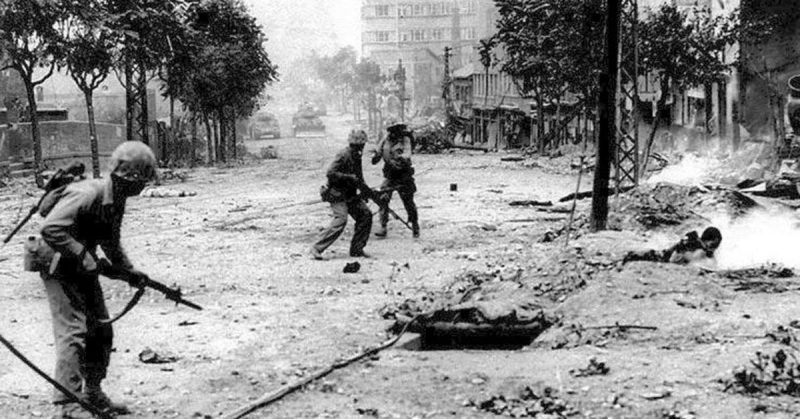The remains of a U.S. serviceman from California missing since the Korean War have been identified and will be returned to his family for internment with full military honors, announced the Defense POW/MIA Accounting Agency (DPAA).
Army Cpl. Melvin R. Hill, 19, of Pomona, California, was buried on February 4th in Alex, Oklahoma. In late November 1950, he was one of 2,500 U.S. soldiers and 700 South Korean soldiers that were combined to become the 31st Regimental Combat Team stationed on the Chosin River’s east side.
On the night of November 27th, the Chinese People’s Volunteer Force encircled the 31st RCT and attacked. Repeated attacks over the following days forced Americans to withdraw. By December 6, 1950, an estimated 1,500 wounded soldiers were evacuated, and the remaining soldiers had been either killed or captured. Hill was reported missing in action as a result of the combat.
Hill’s name did not appear on any prisoner of war list, and no repatriated Americans could supply any information concerning him. Based on a lack of further information, the U.S. Army declared Hill deceased as of December 31, 1953.
North Korea between 1990 and 1994, returned 208 boxes of mixed human remains to the United States, which when added to the remains recovered during joint recovery operations in North Korea, included the remains of about 400 U.S. servicemen who fought during the three-year conflict. North Korean documents included in the return, indicated that some remains were recovered from the region where Hill was believed to have been killed.
To identify Hill’s remains, scientists from the Armed Forces Medical Examiner System and DPAA used circumstantial evidence and forensic identification tools, including mitochondrial DNA analysis that matched two nephews, Defense POW/MIA Accounting Agency reported.
Presently, the remains of 7,763 Americans are unaccounted for from the Korean War. Using advances in technology, identifications continue to be made from remains that were provided earlier by North Korean officials or retrieved by American teams.
